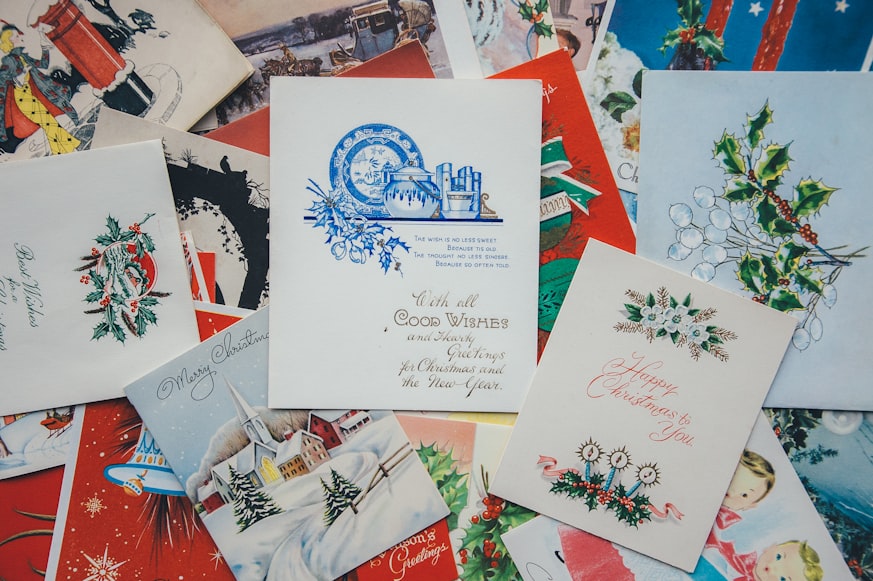Peter Kaufman, editor of Poor Charlie's Almanak, wanted to understand "how everything in the world works." Normally, such a lofty goal would be overwhelming, even laughable. Most of us would give up such a quest before it had even begun. So he found a short-cut. Over a six-month period, he read the condensed interview at the end of every copy of Discover magazine ever published online: 144 interviews in all. Each was a short but high-quality summary of some aspect of science, written for a lay audience, with clear examples, engaging stories, and concise language.
He soon found he could separate everything he was learning into three buckets of data. bucket one was the oldest and largest data set: the inorganic universe. It was physics and geology, covering the more than thirteen billion years since the dawn of the universe. bucket two was biology, everything alive on planet Earth. That covered about three billion years. Bucket three was the whole of human history: the relatively short period we have been around as a species.
Then he looked for commonalities: principles that could explain how things worked consistently, across all three buckets.
In bucket one he found Newton's Third Law of Motion: for every action, there is an equal and opposite reaction. In other words, the more force you exert on something, the more force that thing exerts back. In bucket two he found Mark Twain's example of what happens if you pick up a cat by its tail: it will attack you. In bucket 3 he found something similar: how we treat other people is how they will treat us back.
The commonality was a principle that he dubbed "mirrored reciprocation," or, in simpler terms, "You get what you give." Just think of all the ways we can apply that principle! Send a thank-you note, and you will get one back. Smile sincerely at someone, and they will smile back at you. Offer information to someone in a conversation, and they will tend to share information with you in return.
In one experiment investigating the principle of mirrored reciprocation, a researcher sent handwritten Christmas cards to almost six hundred complete strangers. Each card included a not and a photograph of his family. It didn't take long before these complete strangers started sending responses. In all he received close to two hundred cards in reply.
Effortless: Make it Easier to do what Matters Most. By Greg McKeown. Random House. 2021. p. 157, 158. See also "The Multidisciplinary Approach to Thinking" by Peter Kaufman.


No comments:
Post a Comment